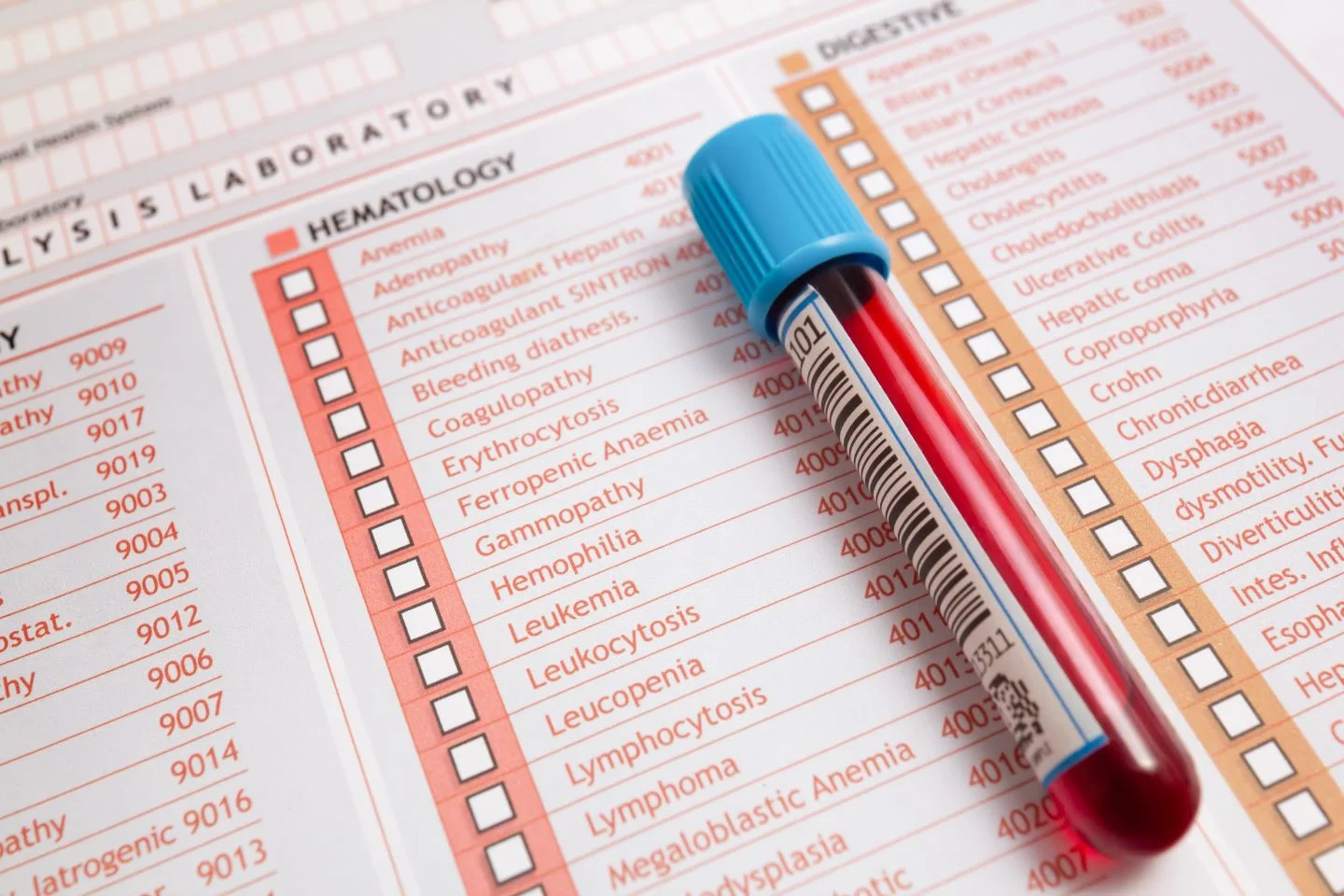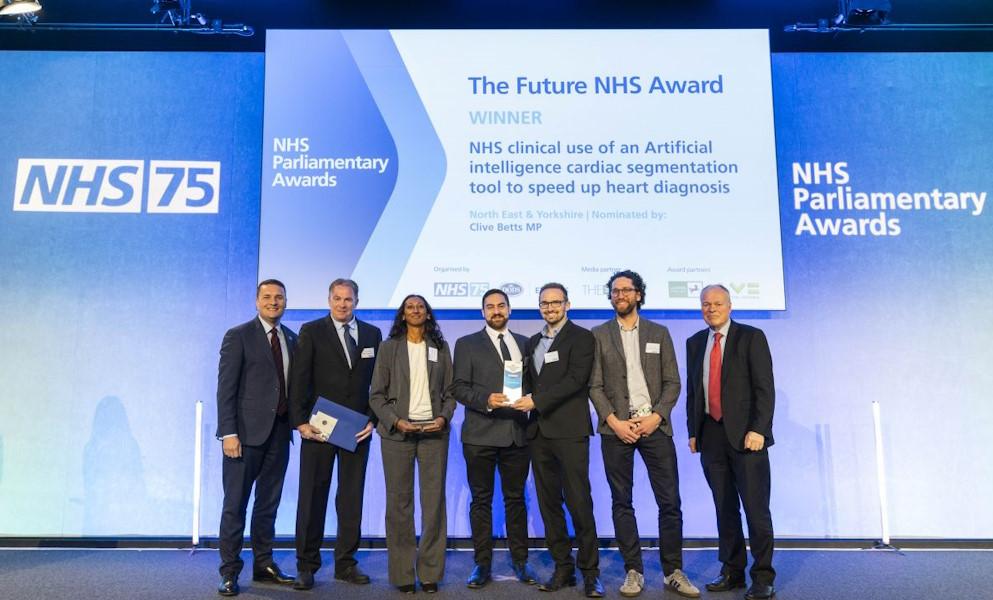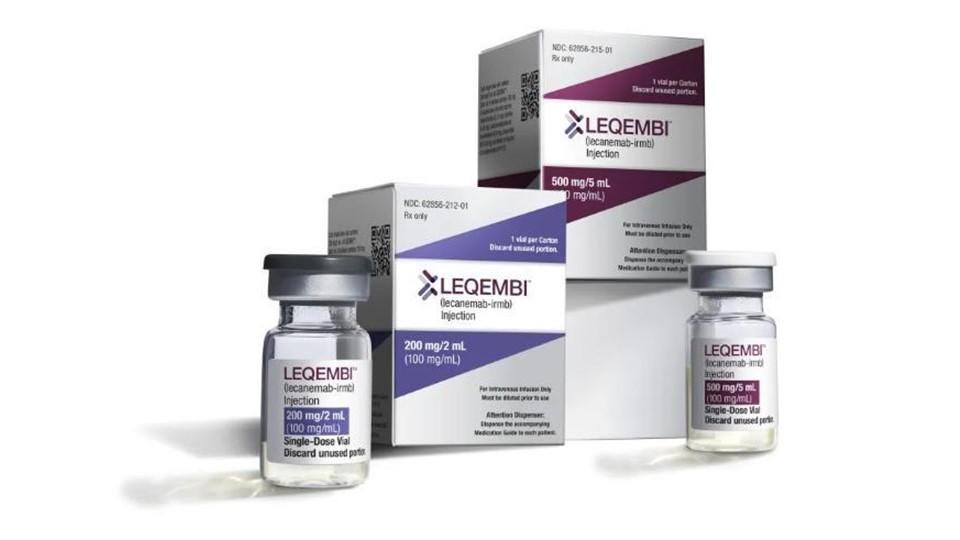Iovance Biotherapeutics is facing a three-month delay in the review of its lifileucel cell therapy for melanoma in the US, held up by “insufficient resources” at the FDA.

The new data has been extended from 25th November to 24th February next year, although Iovance said the FDA has said it will “expedite the remaining review for a potentially earlier approval date.”
The biotech filed tumour-infiltrating lymphocyte (TIL) therapy lifileucel as a one-time, individualised therapy for people with advanced melanoma in May, and was awarded a priority, six-month review by the FDA, with no advisory committee meeting required.
Iovance said the priority review remains in place, adding that the FDA had reassured it that there were no major review issues with the marketing application and all pre-approval inspections of clinical, manufacturing, and testing sites have been completed. The delay resulted from a lack of capacity to deal with the response to a request for additional information.
It also said the FDA has no concerns with the TILVANCE-301 in frontline advanced melanoma, designed to be a confirmatory trial for accelerated approval, which should be “well underway” by the new decision date.
Iovance is leading the charge among biopharma companies trying to bring cell therapies to market for solid tumours and mirror the success achieved with CAR-Ts in haematological cancers.
Like a CAR-T, lifileucel is derived from lymphocytes that are harvested from individual patients, expanded in the lab, and then reinfused to fight the cancer. Unlike CAR-T therapies, however, the cells don’t need to be genetically modified, merely exposed to IL-2 to activate them, which makes the manufacturing process shorter.
Iovance’s filing covers the use of the therapy for patients with advanced melanoma who progressed on or after prior anti-PD-1/L1 therapy and targeted therapy, where applicable. There are currently no FDA-approved therapies in this treatment setting, according to the company.
Its filing is based on the results of the C-144-01 study, which showed lifileucel achieved a 36% objective response rate (ORR) with a duration of response of 36 months in these patients, leading to predictions of blockbuster sales for the cell therapy.
That initial optimism has been somewhat dented by follow-up data that raised questions about lifileucel’s durability, with an ORR of 29% for a second cohort in the study and a duration of 10.4 months. GlobalData is currently predicting US sales will peak at around $722 million.
“We appreciate FDA management’s efforts to expedite the remaining review so that we can bring lifileucel to critically ill patients with no other FDA-approved options after current standard of care,” said Iovance’s chief executive, Frederick Vogt.
“We are confident in the potential for lifileucel to redefine the treatment paradigm for these patients.”
Shares in the company dipped on the delay, but were on the rise this morning as investors responded to the positive elements in the update and the agency’s reported willingness to complete the review as quickly as possible.









